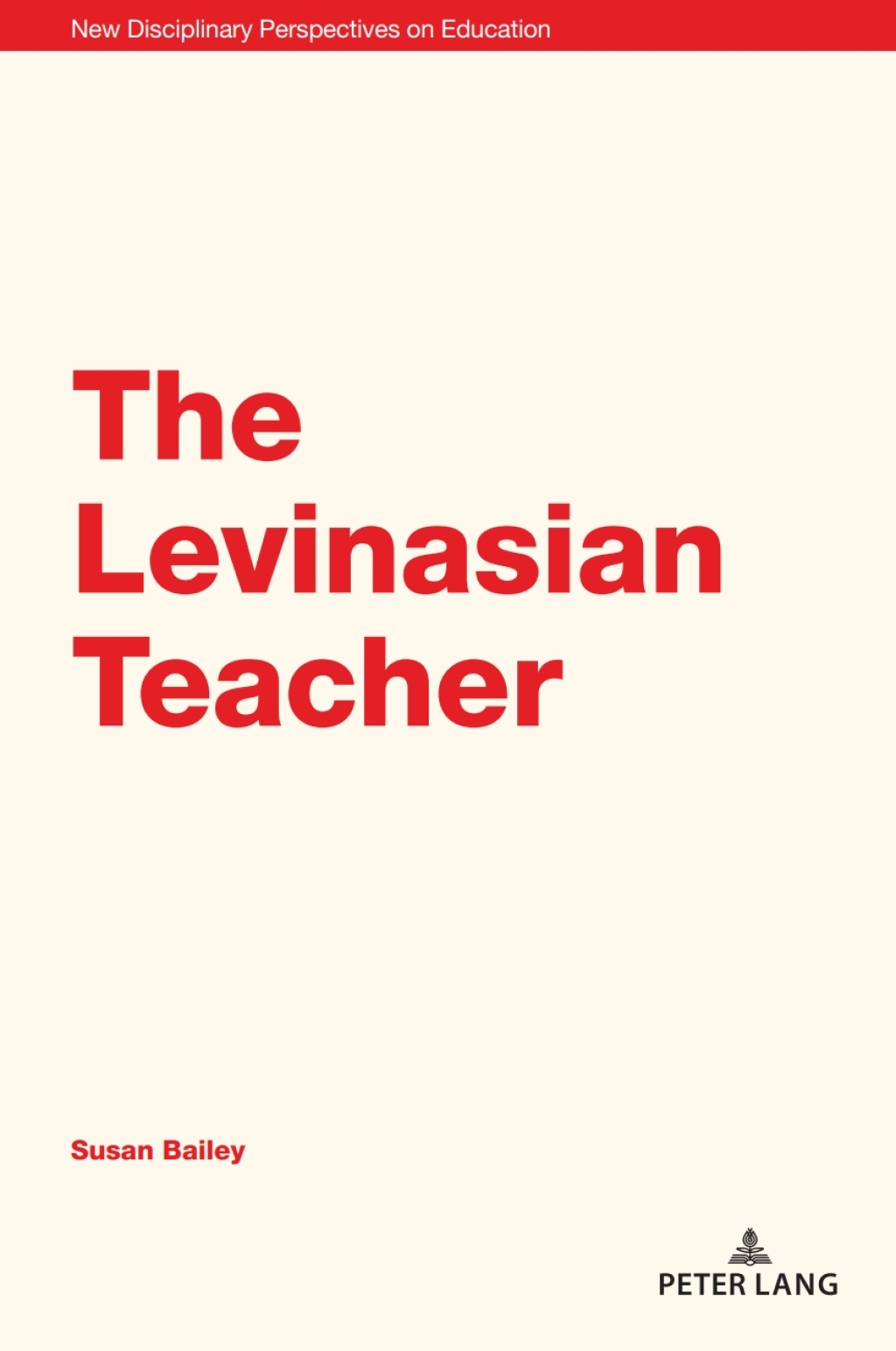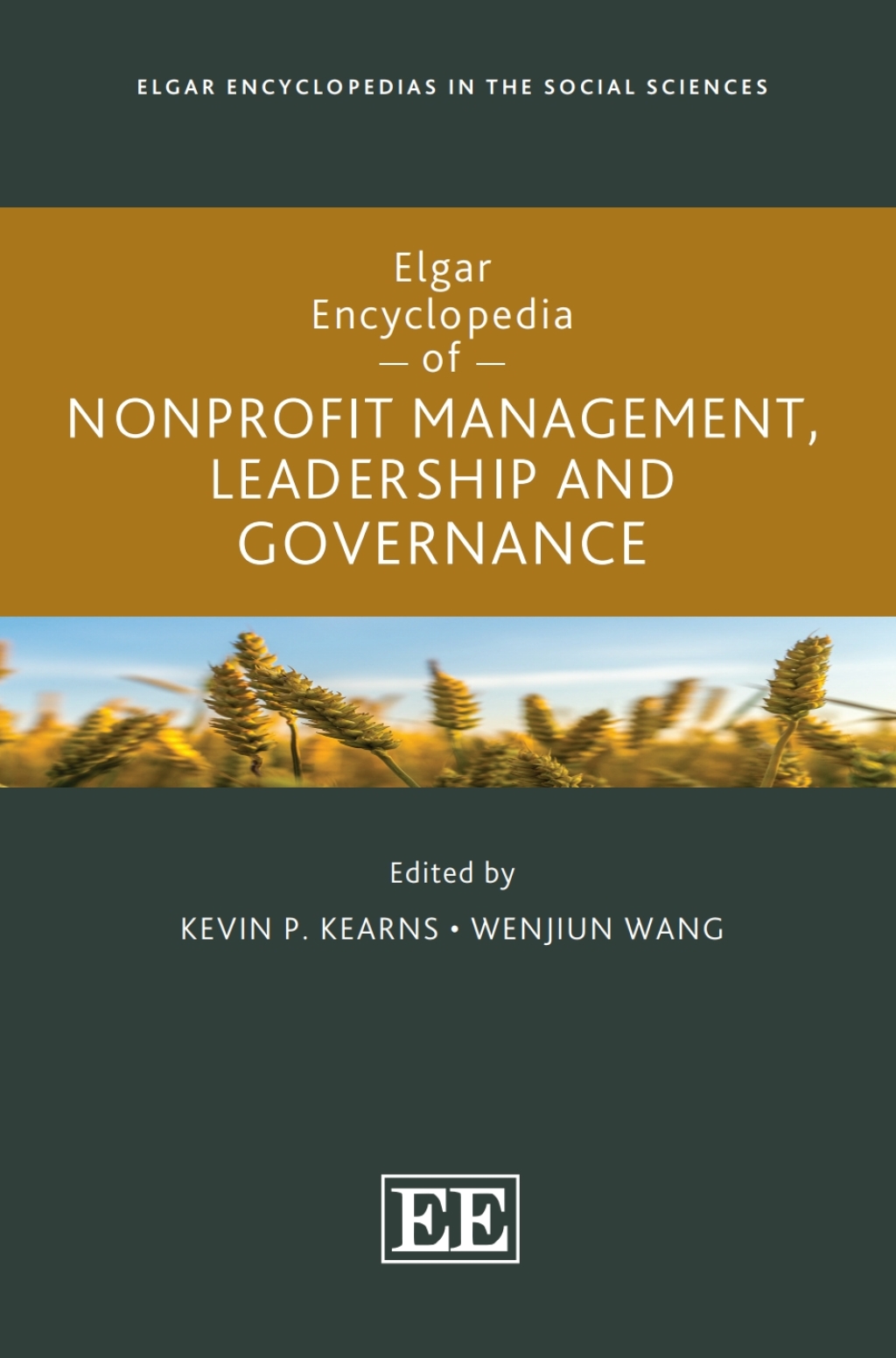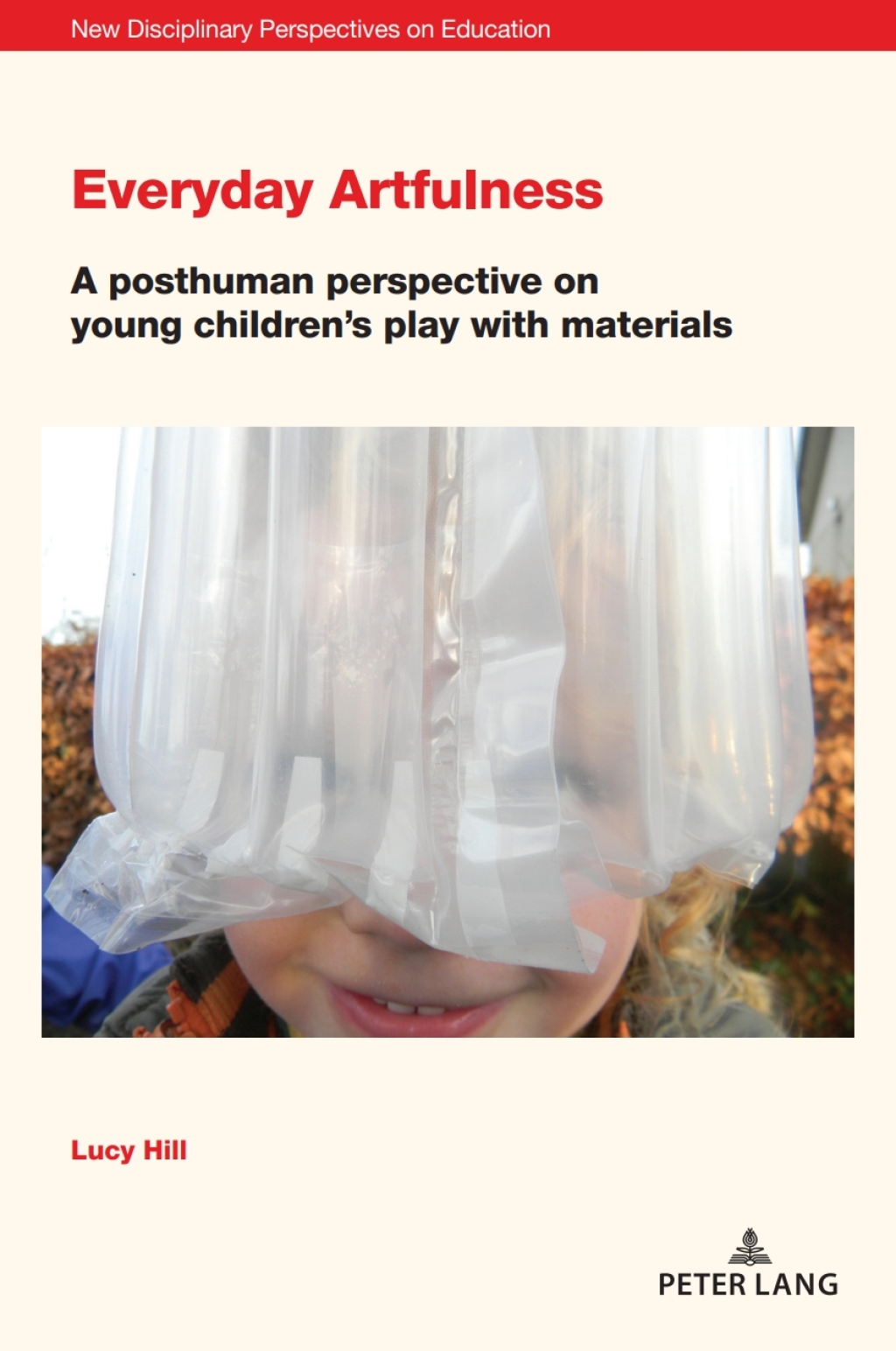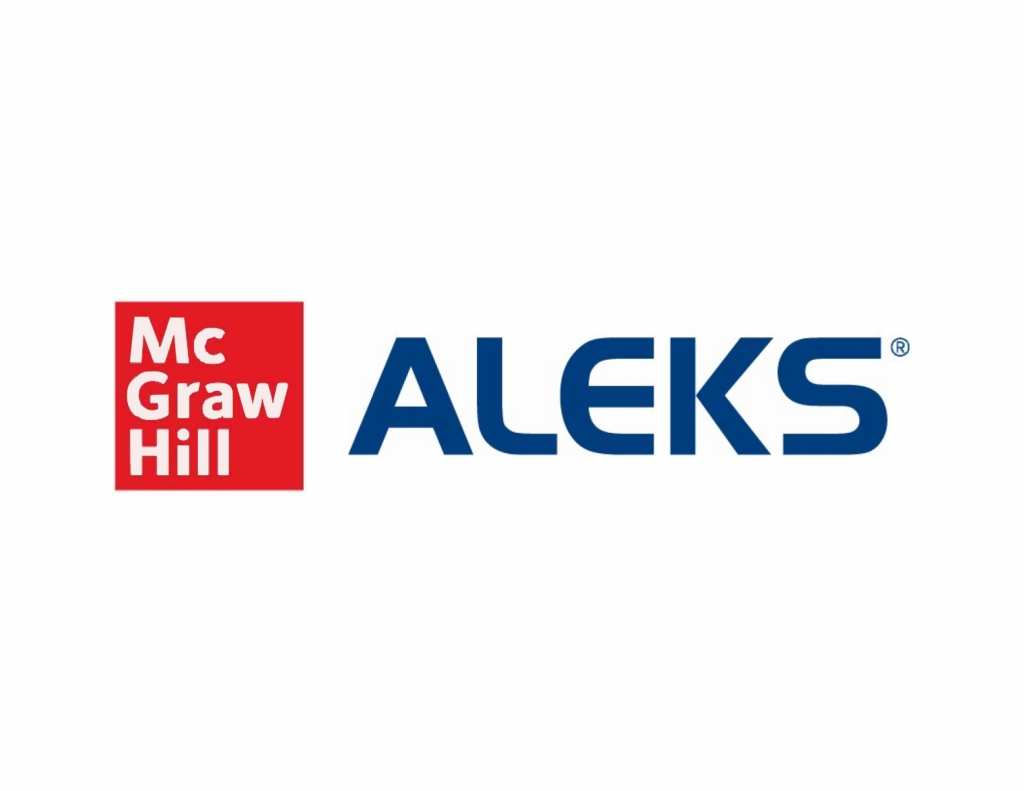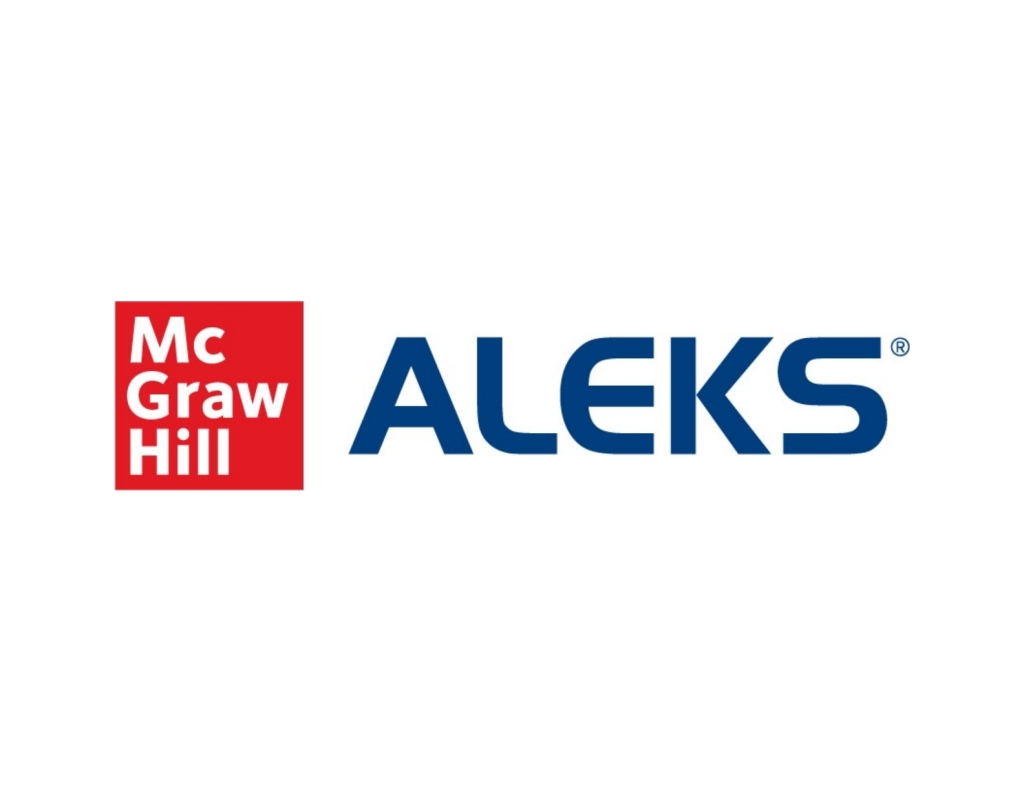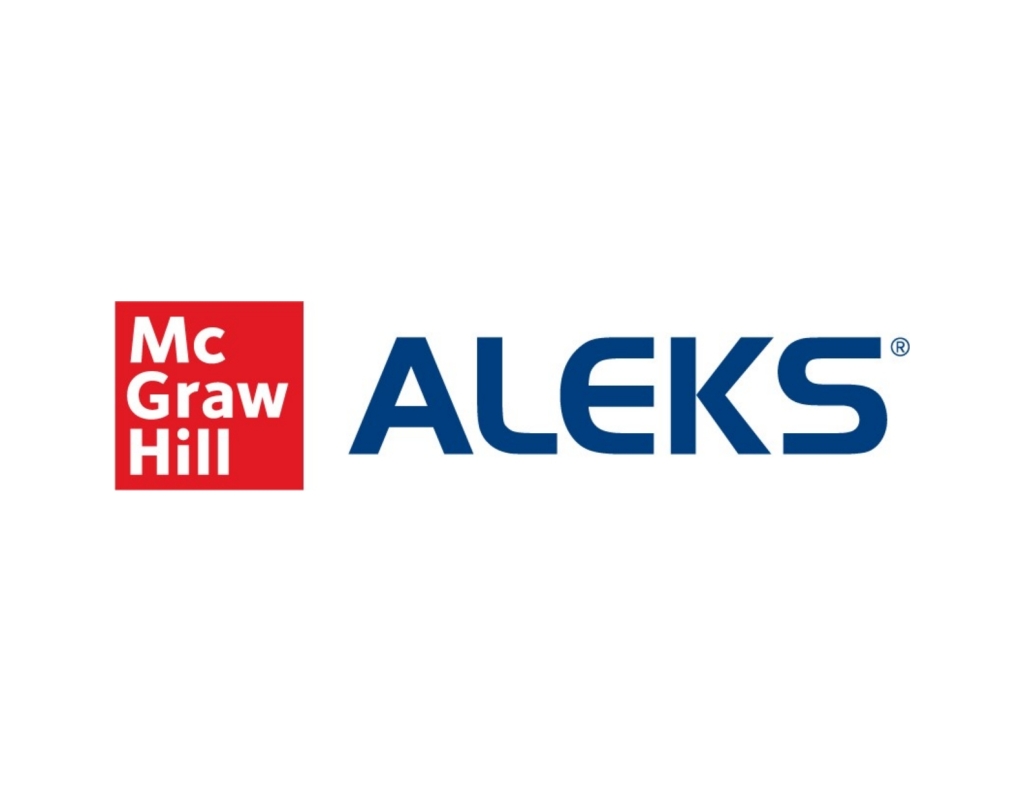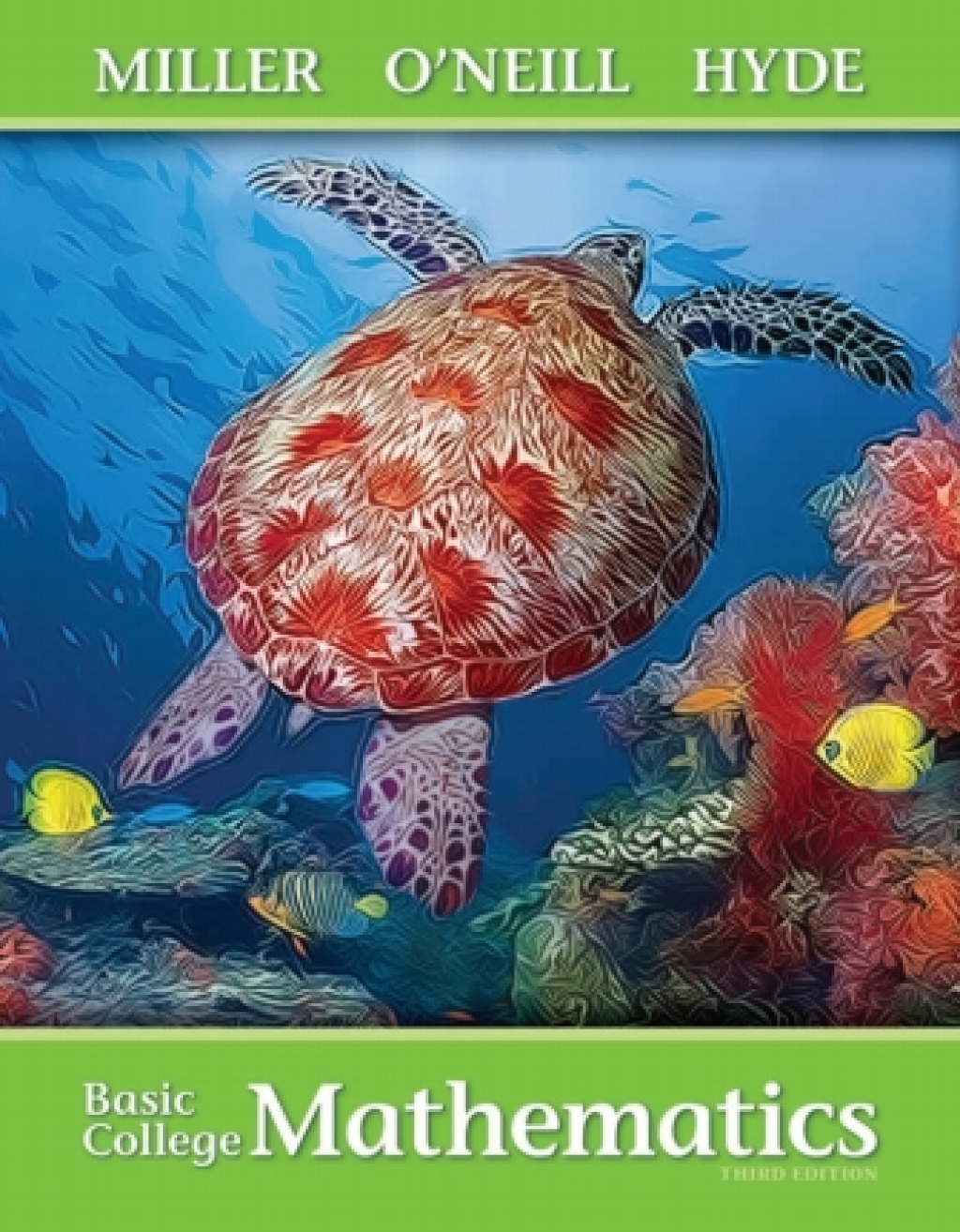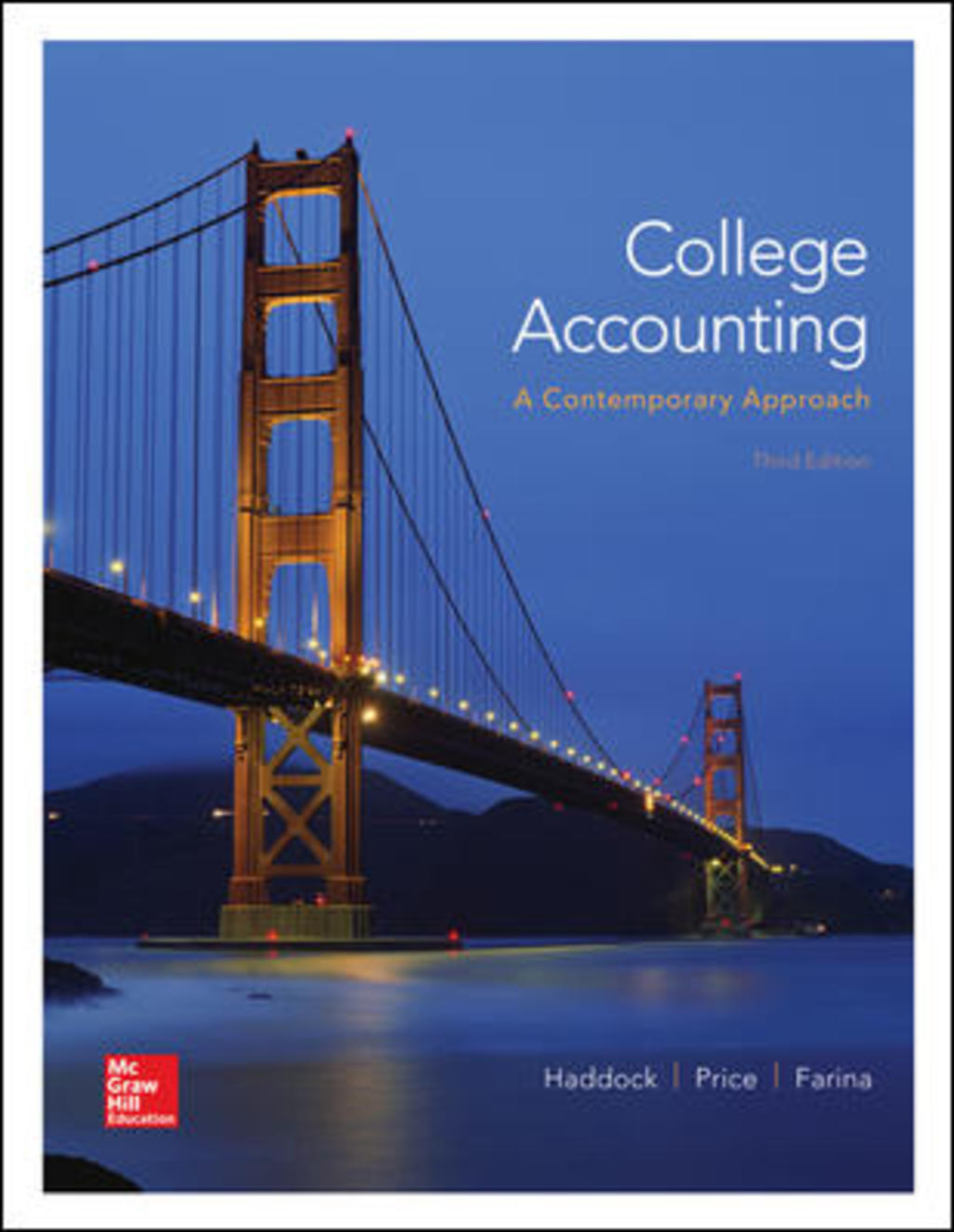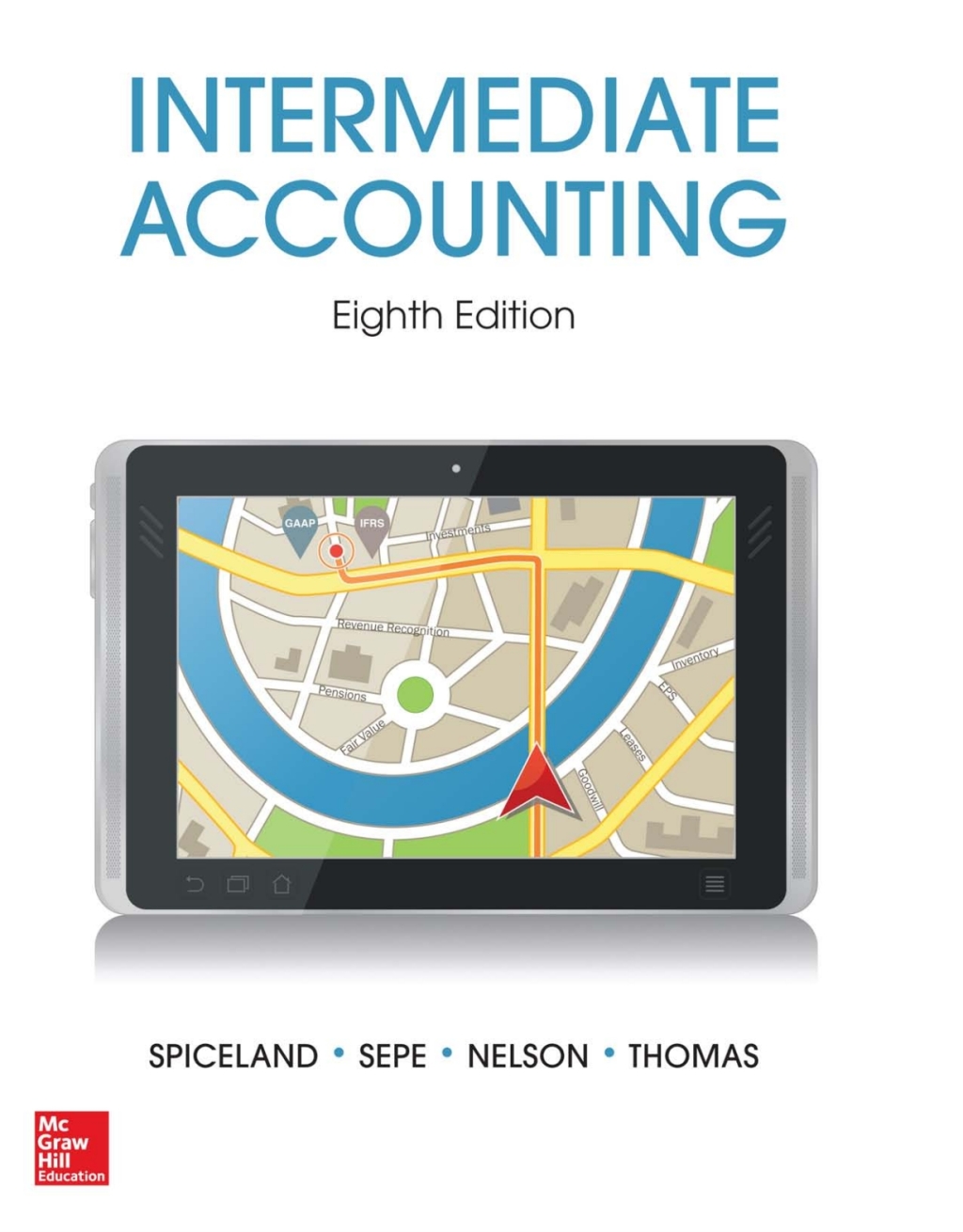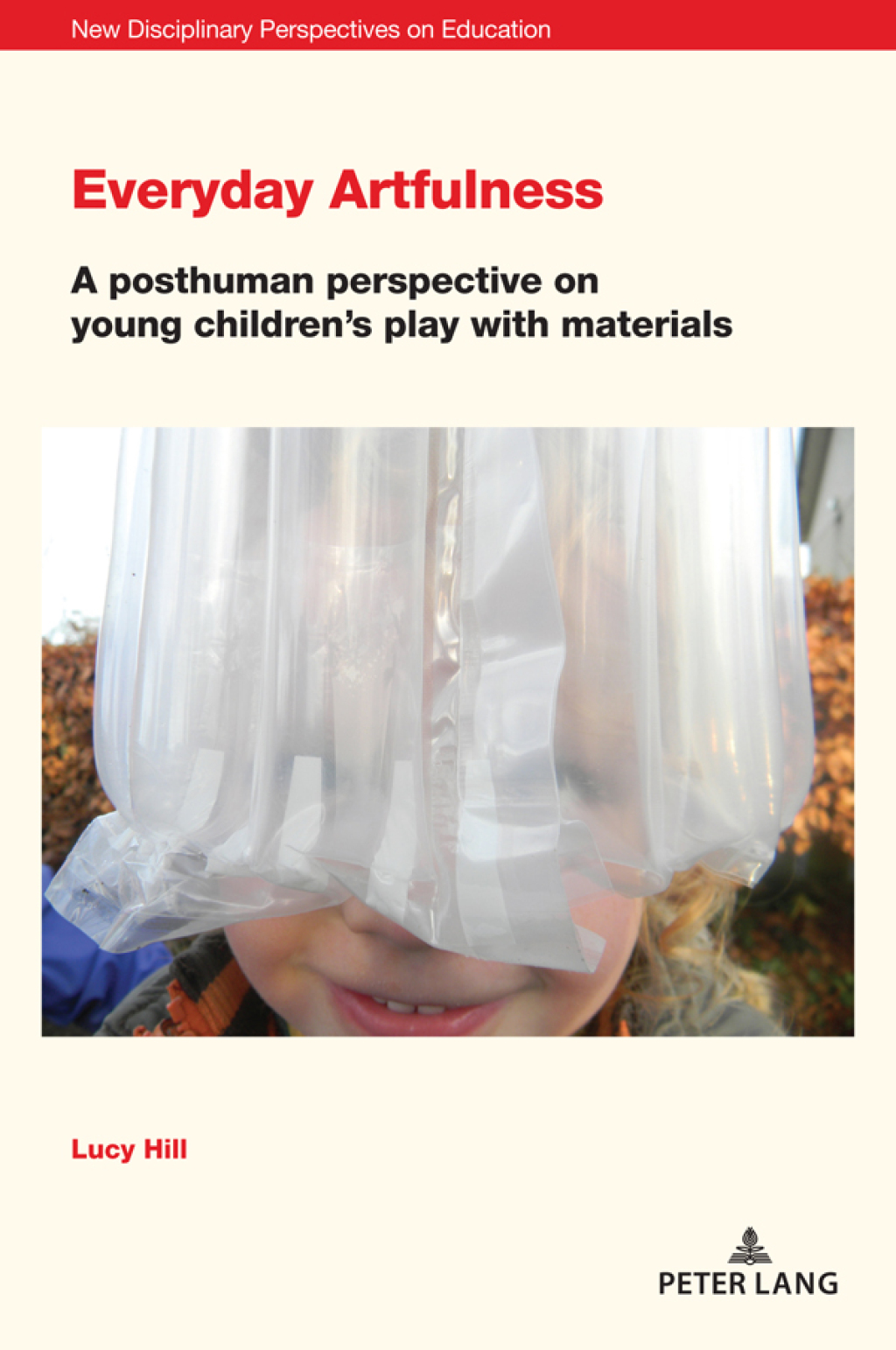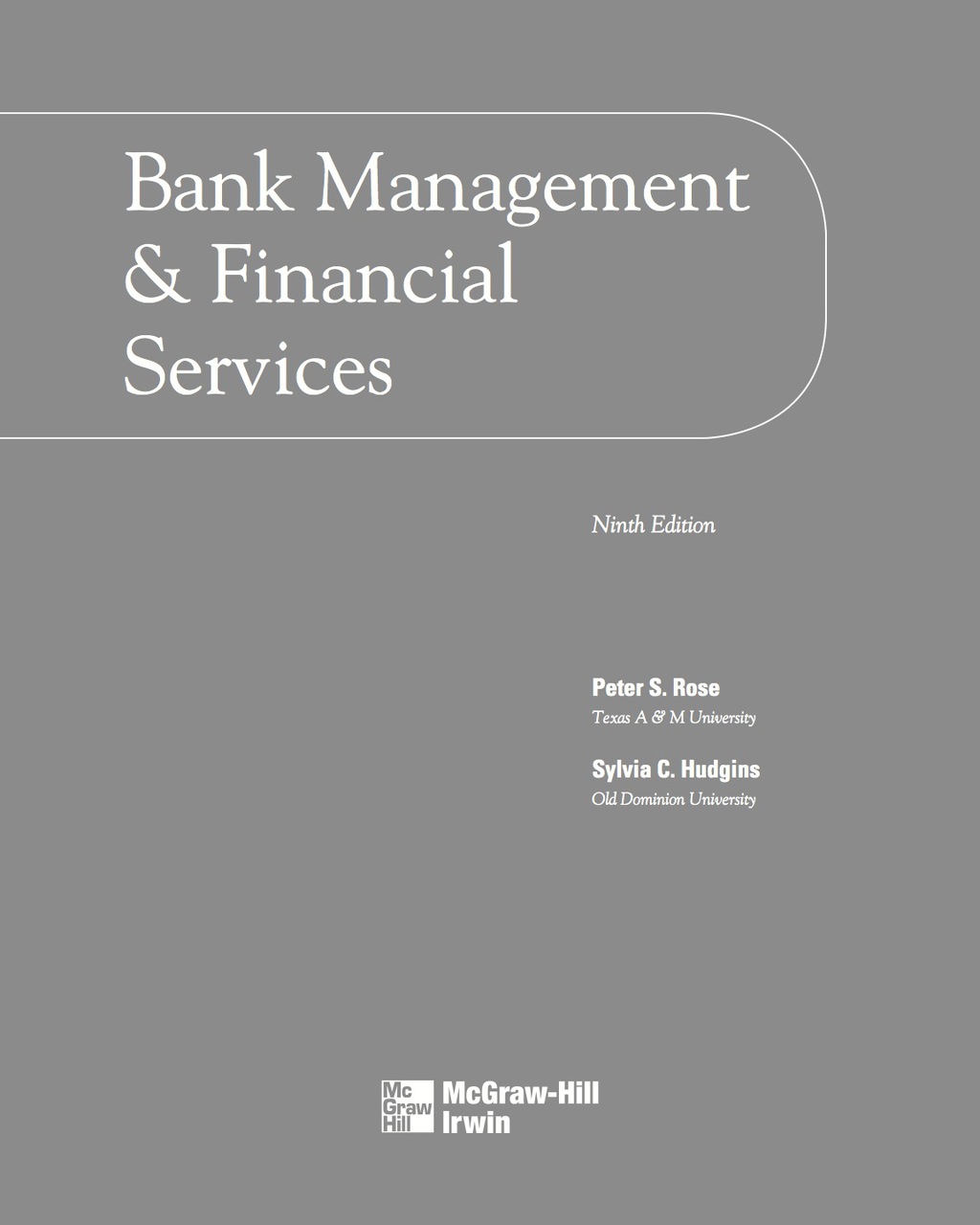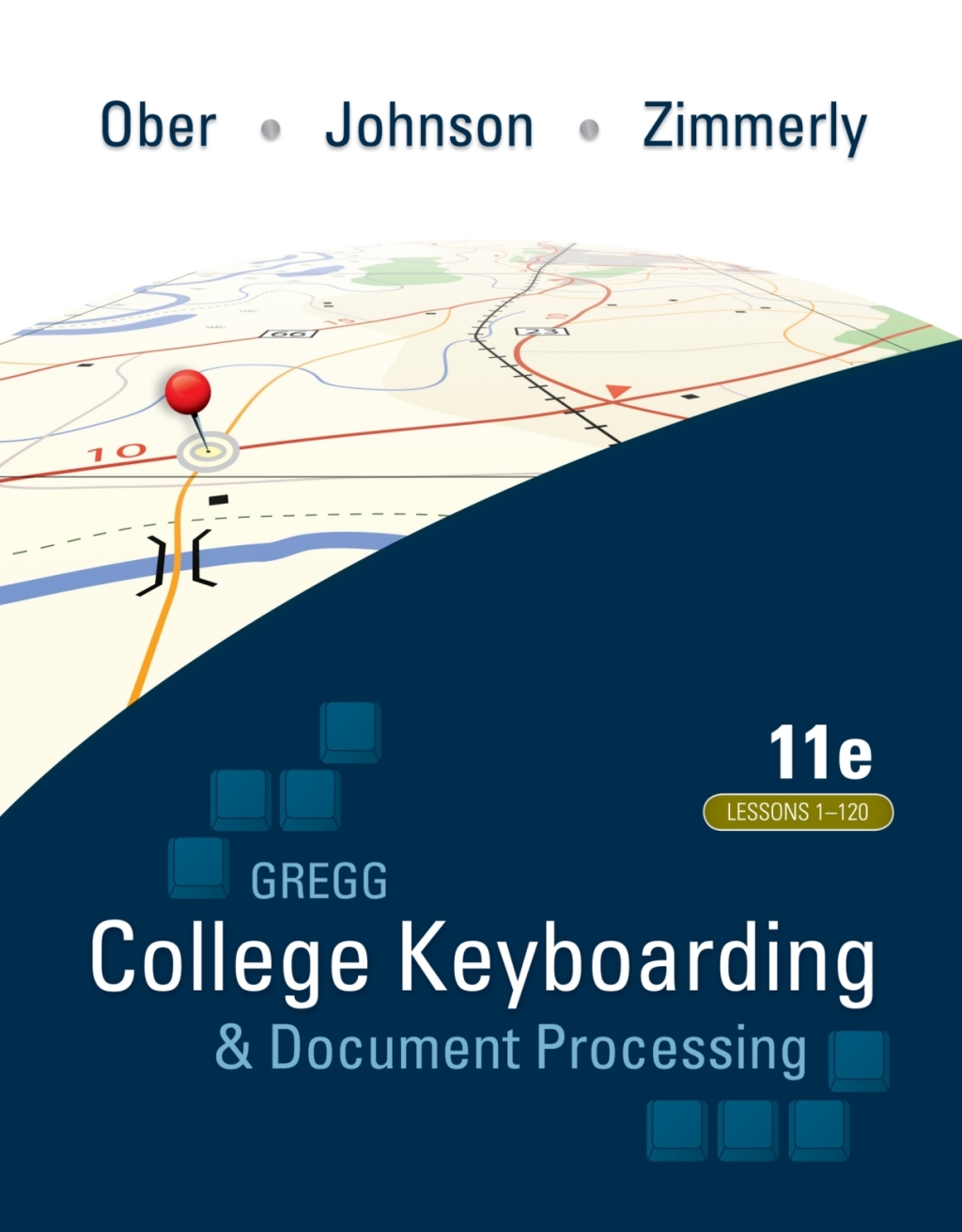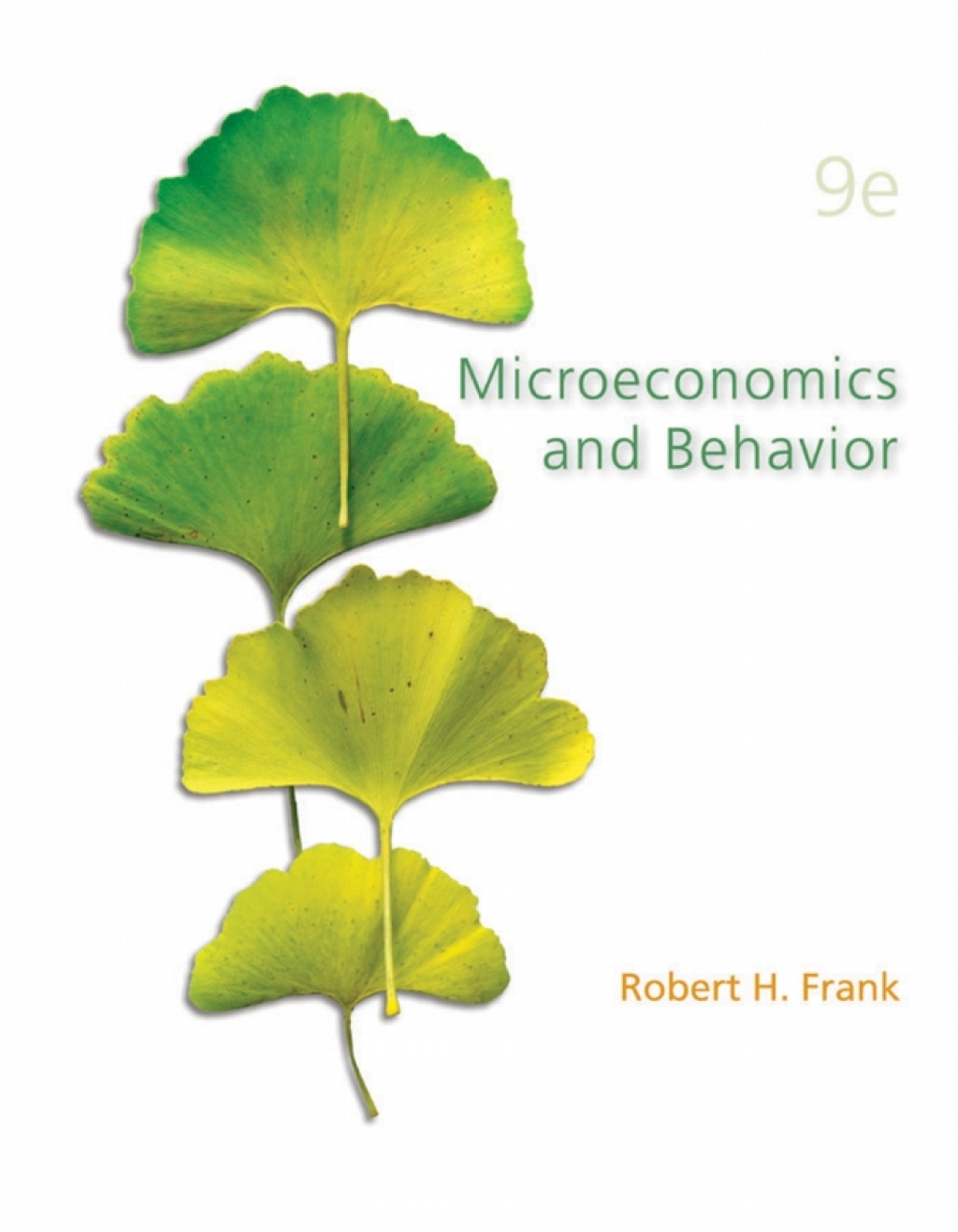Description
«In a world where environmental challenges, education and activism converge, this is an important addition to the field of art and early childhood education. It identifies a post qualitative research approach and provides an ethical alternative to the difficult and urgent challenges facing future artist educators and researchers in Ireland today.» (Dr Dervil Jordan, Emeritus Professor of Education, NCAD) «This thought-provoking book is an essential read. Lucy’s aesthetic lens offers a fresh perspective for early years professionals’ as it reveals the infinite richness of children’s learning with materials. It is full of AHA moments on the artfulness of everyday moments, you will think differently about the material world.» (Mary Skillington, Lecturer, Atlantic Technical University, Ireland) This work suggests that art has more to offer education than diverting activities grounded by ideas of human exceptionalism. Posthuman perspectives of everyday playful activity in Early Childhood Education and Care, can offer alternative ways of seeing and understanding nature/culture entanglements. Tuning in to young children’s play with materials through a posthuman theoretical lens, can orientate adults’ attention toward the innate artfulness of young children’s everyday moments of learning and growth. This perspective reveals how such moments of intensity and learning always occur in complex relation with diverse others, human and non-human, natural and technological, living and non-living. This emphasises the undeniably rich, yet easily overlooked, relationship with the material and social complexities of the world, upon which all human learning and growth relies.

